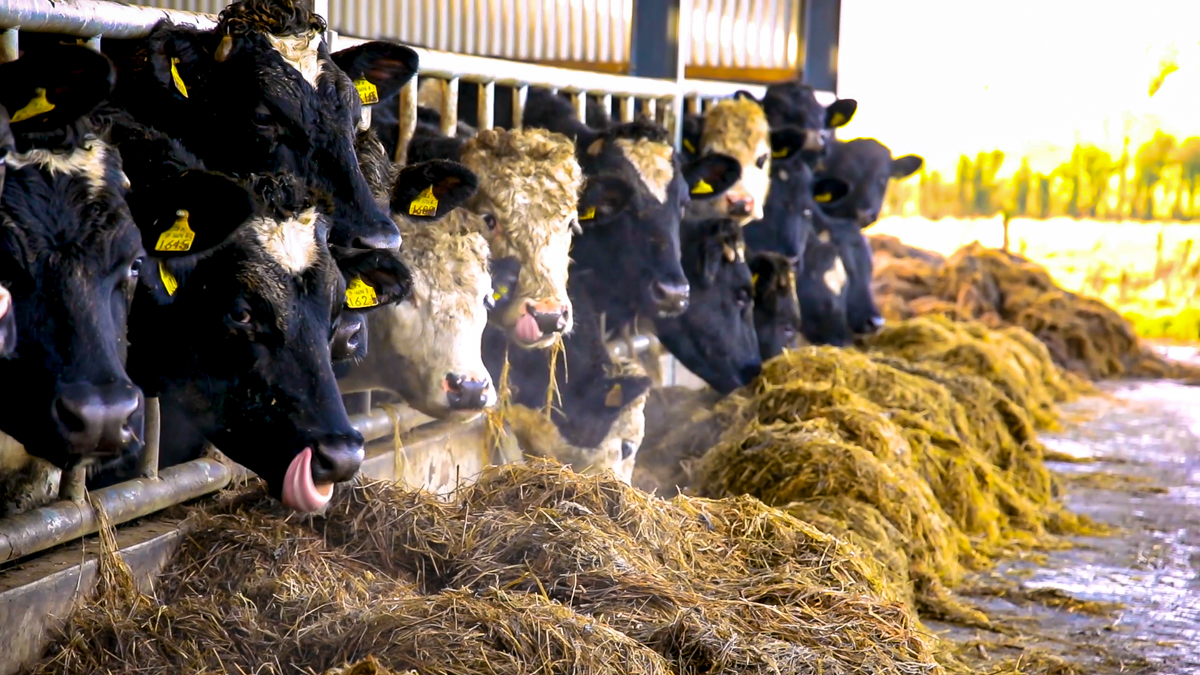The vote in the European Parliament Environment Committee earlier this month to support a compromise on the Industrial Emissions Directive (IED) “should be the final determinant” in keeping cattle farms out of its scope.
That’s according to the Irish Cattle and Sheep Farmers’ Association (ICSA), which said that applying the IED to cattle farms and expecting those farms to comply with its regulations “simply isn’t feasible…without a team of hired professionals”.
The parliament’s environment committee voted to accept the compromise reached in November by negotiators from both the parliament and the Council of the EU (also known as the Council of Ministers) which excluded cattle farms from the scope of the directive.
The final agreement rolled back on the commission’s proposal for revising the IED, which did include cattle farms, and which sparked concerns from farm organisations around Europe that beef and dairy farms above a certain stocking rate would require permits to operate.
The exclusion of cattle farms from the scope of the IED follows lobbying from a number of pan-EU farm groups, including Farm Europe, of which the ICSA is a member.
ICSA president Dermot Kelleher said: “[We] want to acknowledge the hard work of our Brussels-based partner Farm Europe in strenuously opposing the initial proposal which would have imposed an intolerable and unaffordable level of complex compliance on farms with more than 150 LUs (livestock units).
“The ICSA lobbied on a regular basis in Brussels on this issue in 2023 and it is very satisfying that our voices have been heard,” Kelleher added.
“Towards the end of 2023 the breakthrough was made in getting this compromise through at trilogue level, which, for a long time, seemed like a big ask.
“However, the news that the Environment Committee has now agreed to support the position should be the final determinant in ensuring that the IED will not apply to cattle farms, or by extension to sheep farms,” he said.
According to the ICSA, applying the IED to cattle farms would have “entailed rigorous and repeated calculations of all emissions associated with farm inputs and outputs”.
“Clearly, this would have required a level of paid professional work that would be completely beyond the scope of a full-time cattle farm in Ireland,” Kelleher said.
“The ICSA believes that this, along with the difficult process around the Nature Restoration Law, demonstrates that the EU has lost all sense of what is practical or achievable under the EU Green Deal.
“This must serve as an important lesson to the commission that it is erring on the side of regulating EU agriculture out of business,” he added.
The ICSA president added: “A fundamental reappraisal of the Green Deal strategy is required whereby the European Commission reflects on the need to work with farmers who are expected to do all this work and that the commission prioritise deep listening as opposed to shallow consultation processes.”
